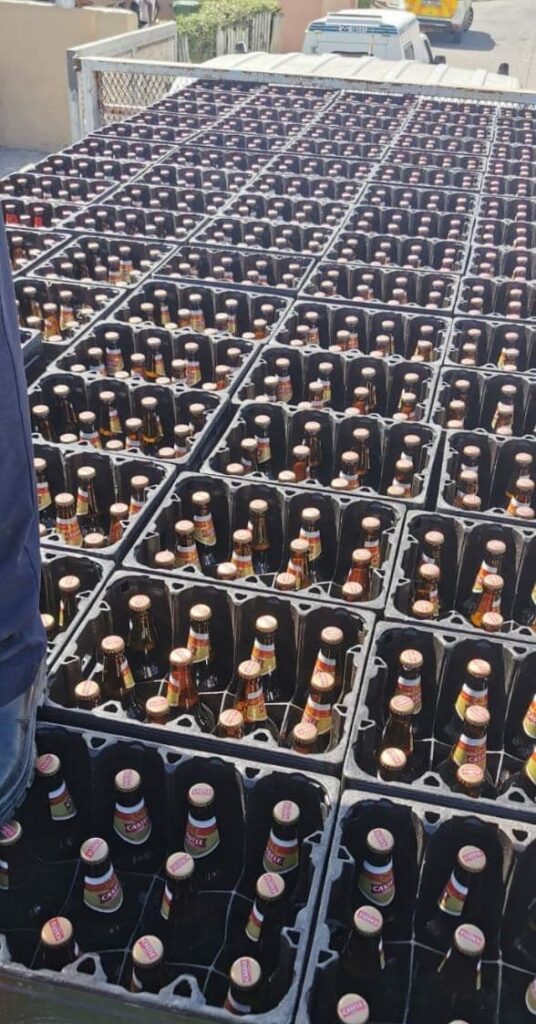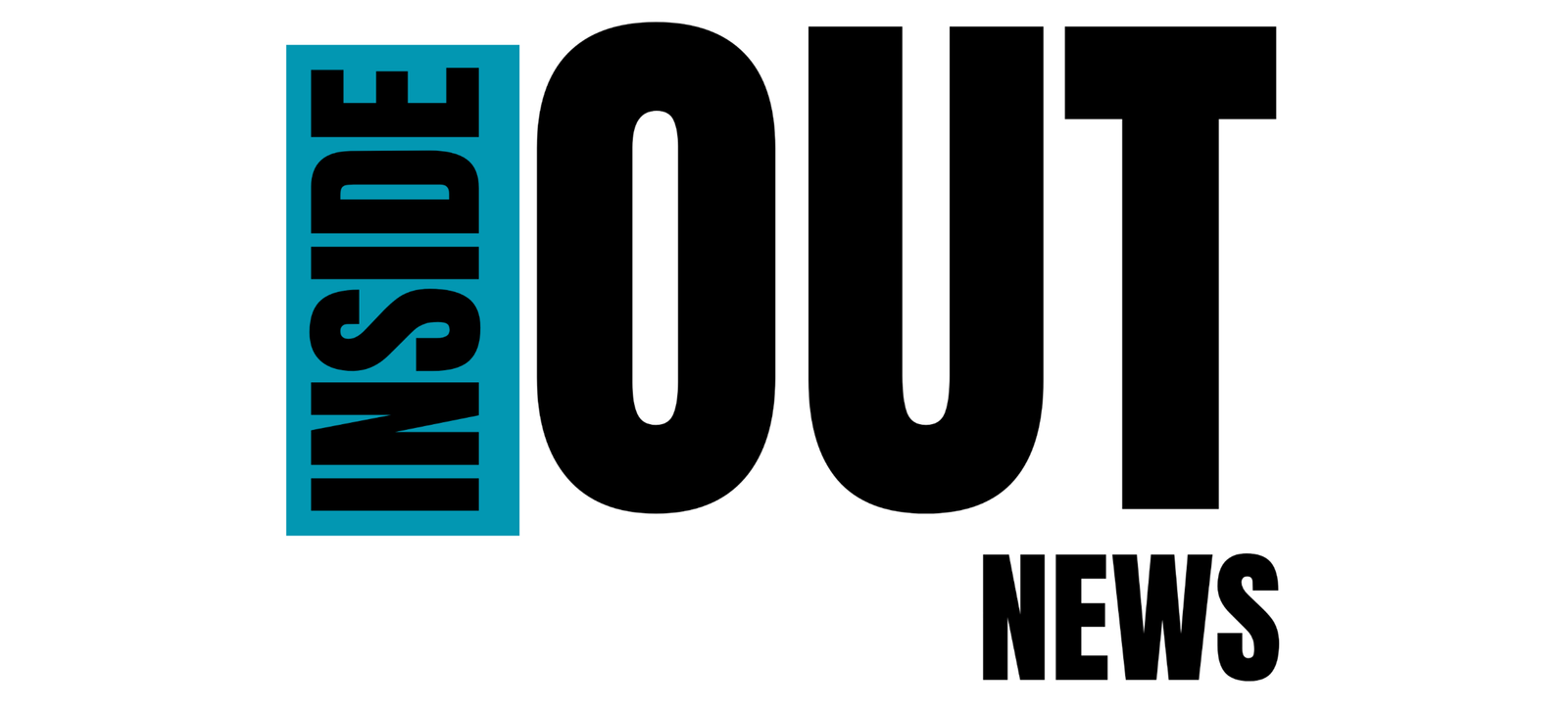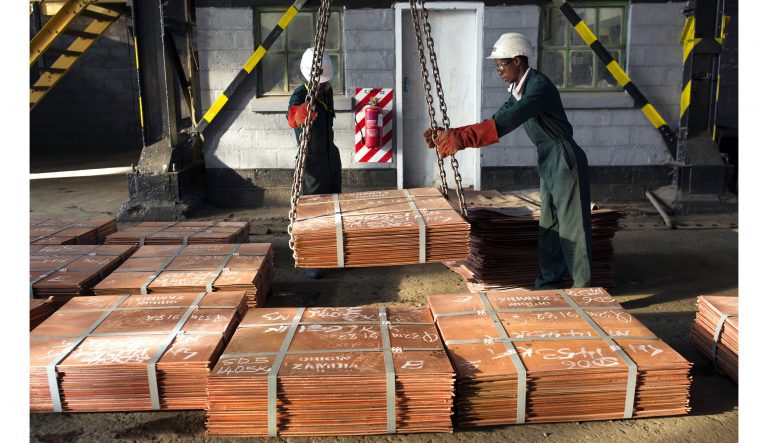South Africa’s illicit alcohol values more than R20 Billion
by Mathipa Phishego
The South African Liquor Brandowners Association (SALBA) commissioned a 2021 Euromonitor study that found that the country is currently dealing with a growing illegal alcohol sector worth over R20 billion. One in every 4.54 liters of alcohol sold is illicit, according to this concerning statistic. Illicit alcohol includes unbranded spirits, smuggled commodities, and counterfeit items, which are frequently made in unregulated facilities. These goods are usually offered at much reduced costs, which attracts customers but puts their health at serious danger.
According to estimates from the South African Revenue Service (SARS), the illicit alcohol trade costs the nation over R6 billion in lost tax revenue each year. The country loses money that could be used for important public services as a result of this loss. There are serious health risks associated with illegal alcohol use. These items may include industrial chemicals, methanol, or antifreeze, which can cause poisoning, blindness, or even death. An upsurge in associated illnesses and deaths has been recorded by health authorities, highlighting the urgent need for action.

The illicit trade in alcohol raises the eye brows of many as it is now sold on shelves and many outlets
image: Yusuf Abramjee on X
Beyond health concerns, the proliferation of fake alcohol undermines the legitimate liquor industry, leading to job losses and reduced consumer confidence in authentic brands. The illicit market also exacerbates crime and fosters a culture of lawlessness, as criminals exploit regulatory gaps to their advantage. Every sphere of society must work together to address this challenge. Customers need to be on the lookout for suspiciously low-quality booze and report fake goods. Authorities must strengthen enforcement efforts, plug legislative gaps, and punish violators more severely. To find and shut down illicit enterprises, the alcohol business and law enforcement must work together.
If the illicit alcohol trade is not curbed, it threatens economic stability, the rule of law, and public health. South Africa must take this issue head-on in order to safeguard its citizens and preserve the integrity of its institutions. If the illicit alcohol trade is not curbed, it threatens economic stability, the rule of law, and public health. South Africa must take this issue head-on in order to safeguard its citizens and preserve the integrity of its institutions.



